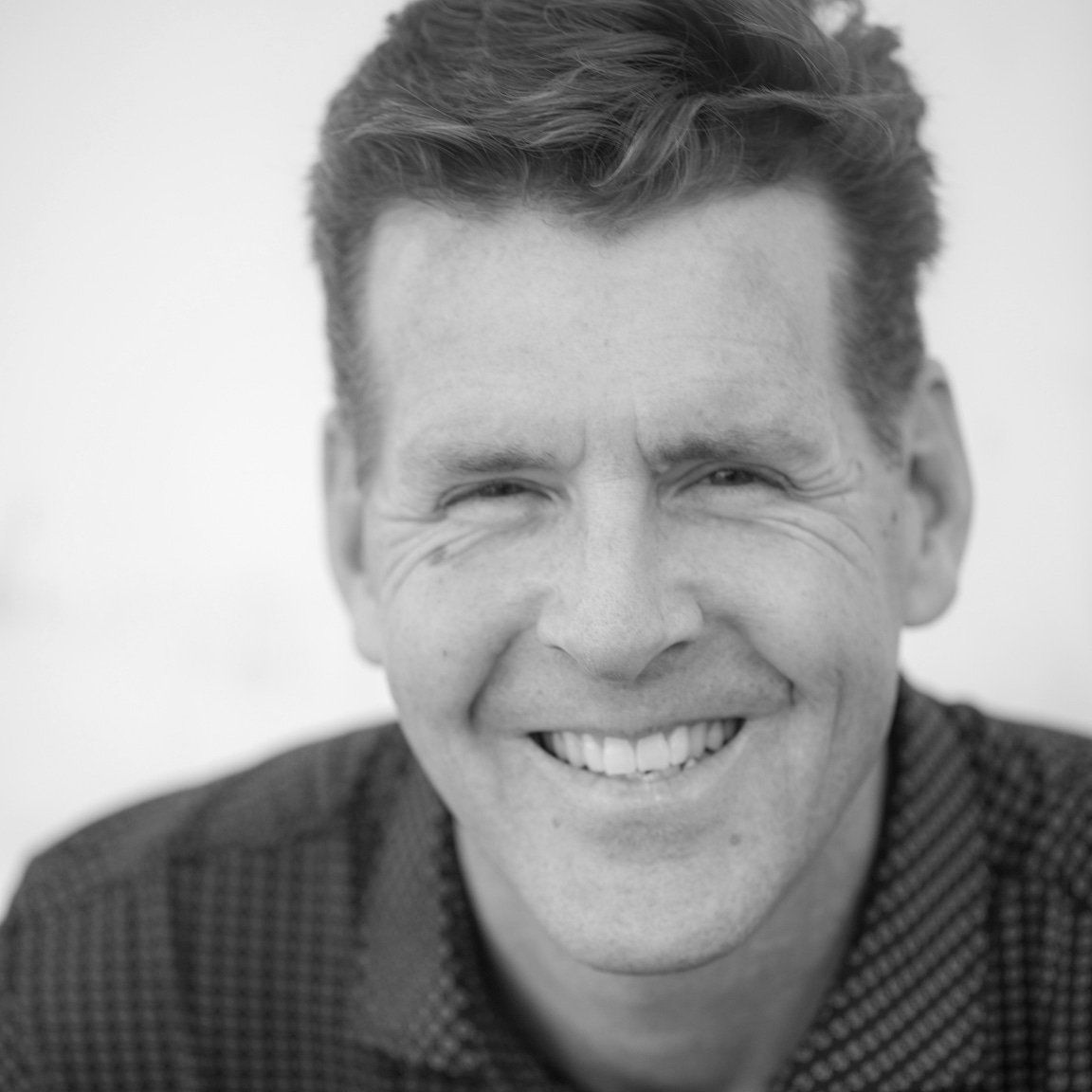The Default Power of a Leader
I received an email the other day from one of the coaches in our Agile Leadership Journey (ALJ) Guide Community. The email said (modified to remove/add appropriate context):
At the end of our meeting I felt shaky and uncomfortable. It took me a minute to pinpoint what happened and I want to share my perspective and understand yours.
I am curious to know what your intention was when you made the not-so-positive comment at the outset of the meeting about my using slides in the presentation as a way to control the meeting and not leaving the space open for emergent dialogue.
I heard that I am too controlling. It shook my confidence to a point where I felt that I had to justify myself throughout the meeting. I was second guessing everything that I was doing and saying...
Ouch. That Hurts.
This email hurt to read and process. It hurt me that I hurt another unintentionally.
A lot was going through my head at the time, especially around the specific meeting just a few hours earlier. What happened? What did I say? Do I remember it that way?
I closed my eyes. I took a deep breath. I stepped back to reflect on the situation.
Safety to Challenge
Once I got past my own threat state I was struck with the courage it must have taken this female coach to write this email to a male “superior”. No, I am not her “boss”. I do not employ her. However, I do own and lead the organization she is working in and represent the highest officer in the room.
I was actually pleased to know that she felt safe to share this difficult feeling and situation with me. In terms of effective team performance, psychological safety is critical to not only feel included, but to be vulnerable to learn through mistakes, contribute to initiatives and indeed challenge the system and those within it. She was challenging the system and specifically the leader of that system, me.
Her ability to challenge me says as much about her as it does our system. Yes, I believe that we encourage a culture to challenge, but it also requires her ability to be vulnerable as a leader and raise her head above the fray. That takes courage. Would others in our community feel and do the same? As much as we intend to encourage this type of behavior, our own default biases will over-power anything we say.
The Default Power of Leaders
In any human system, a whole host of factors dictate status and authority within that system. In the organizational system we have roles and levels of hierarchy. However, organizational systems are also influenced by tenure and location (e.g. headquarters vs. remote locations). Further, all human systems are influenced by cultural norms and biases of age, height, gender, race, personality, culture and more.
Thus, without any explicit assignment, all leaders have a default power style. And as an older, tall, white, American, assertive, male, business owner, I carry with me a lot of cultural status and authority. Regardless of what I think and do, this bias carries over unconsciously to others. Especially when the other side of that meeting is a younger, female coach, on another continent who is communicating in English rather than her primary language. For me, this requires navigating a surplus of power. However, the same can be said for the other side of the power curve. Leaders in positions deficient of default power factors have an equally daunting task of overcoming these deficiencies. Most organizational leaders are “stuck in the middle” with power surpluses above them and deficiencies below.
The default behavior of leaders (humans) is to cede power to those who already have it, and to use the power you have. In other words, we often give away our power to others who already have it, leading to a larger power imbalance, regardless of whether they “ask for it”.
One of the techniques I like to teach leaders is to be the Robin Hood of Power - steal power from the rich and give power to the poor. Thus, when you are in situations where others have the power surplus, seek courage and look for opportunities to challenge those in power. When you are in situations where others have a power deficiency, give your power away to them to help find a better balance.
Balancing Power
Leaders who become more self-aware of these power influences and imbalances, and are able to effectively check and balance them in situations with others, will be more effective. Period. There is so much in leading we cannot change. Accept that. Focus on what we can change - our awareness and response. The more senior the leader’s role, along with the more cultural status factors the leader aligns to, will dictate the level of offset required to find an effective balance to effectively engage and empower others in the organization.
I return to my situation in which I followed up with the coach via email as we were operating from different continents. My email follows (modified to add/remove context):
Thanks for sharing. I could tell you were uncomfortable and am sorry that I was the cause of it. I also appreciate that you were able to share this challenging situation with me. That must have taken courage and I appreciate it. From my perspective, your facilitation was strong and I did not feel there was a negative impact to the result of the meeting.
My intent was actually picking up on your own comment about making slides. If I remember correctly, you actually made a comment first about how you were not sure you should have made slides as it was likely too controlling. The humor side of me was simply to use the irony of your comment in comparison to the focus of our discussion about control. I meant it as a joke.
However, I recognize my status in the community often does not allow for my sarcastic humor to work effectively in certain situations - thus leading to your feeling of being challenged. When I am in these types of guide-community meetings, I tend to get "comfortable" and thus treat everyone as friends/peers. I often use joking and humor to break ice and allow us to make fun of ourselves to learn.
It was not my intent to humiliate or challenge you. Your response was natural and appropriate to want to facilitate a dialogue with structure such as slides. As we got into it, I felt your slides were both informative and open and encouraging of the discussion. You used them well.
Thus, I am sorry for making you feel that way. And, you responded and ran the session very effectively even under that pressure. I am happy to talk through it further and I certainly would love for you to facilitate again as I appreciate your contributions to our guide community (and my own growth).
Pete
First, I apologized. Apologizing does not make me weak, it makes me human. It shares power. Regardless of fault, an apology is about how my behavior was interpreted and in human relationship systems there is responsibility on each side. Recognize the difference between this apology and saying “I'm sorry for the way you interpreted that". Notice how that apology puts the responsibility on them only. Take responsibility for your half, allow them to own theirs if they so choose. She did.
Second, I recognized her courage. I thanked her for calling out the situation and how my behavior made her feel and respond. She was bold and that is a strength in leadership. I want her to know she was OK to challenge the system and to do it again if needed in the future.
Third, I explained my intent versus reality. I shared what I attempted to do and realized that what came across didn’t meet that intent. When working with others, using intent is an effective way to align and empower while reducing micro-managing. It works for strategy, direction and goal setting. It also works when working through conflict, as in this case.
And finally, I opened the door to dive deeper. I know email is a weak communication tool and could just as likely increase miscommunication as it might help in clearing it up. Additional conversation would improve this situation and our relationship.
Where to go from here?
The coach and I worked through our differences in the next few emails and have since discussed it in person to further process my power and her giving me power. I encouraged her to be careful in giving her power to me by default and to continue to challenge my power for better balance. I also agreed to be more careful in group settings on my humorous attempts.
Where do you find yourself on the power spectrum? Are you aligned with some or many of the default cultural power attributes? Do you find yourself deficient on the power curve and often fighting for increased power? Or do you find yourself somewhere in the middle? Regardless of where you are, increasing your own awareness and being more transparent with others you work with, will improve your effectiveness as a leader.
Join one of our Agile Leadership Journey Awareness Workshops to improve your understanding, awareness and balancing techniques to improve your own leadership.






